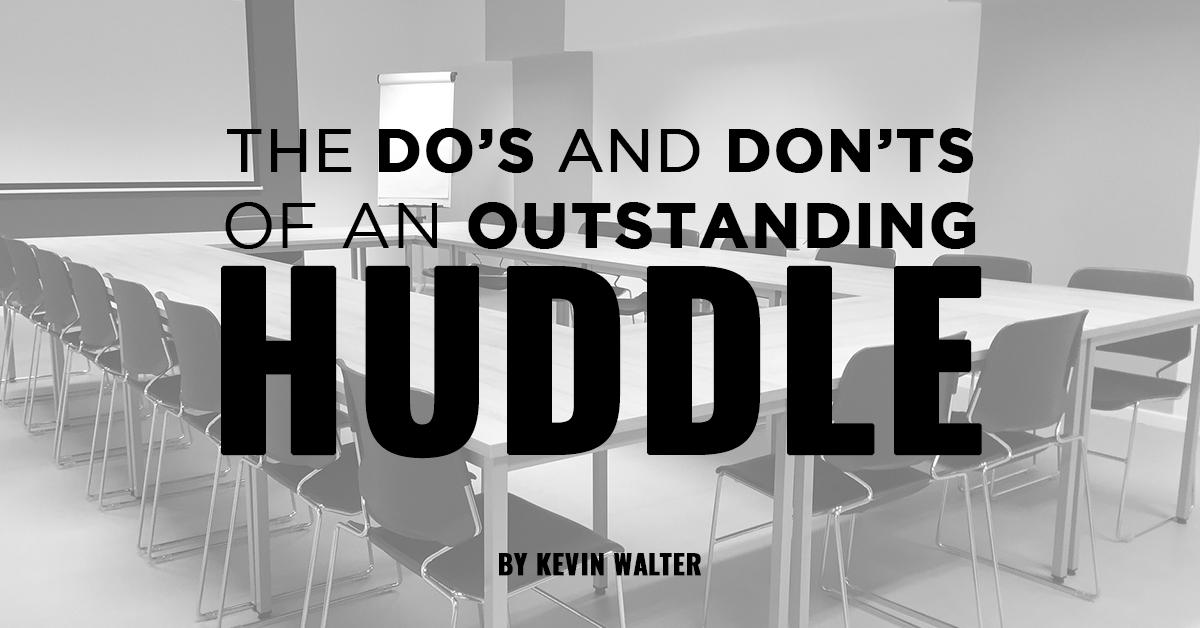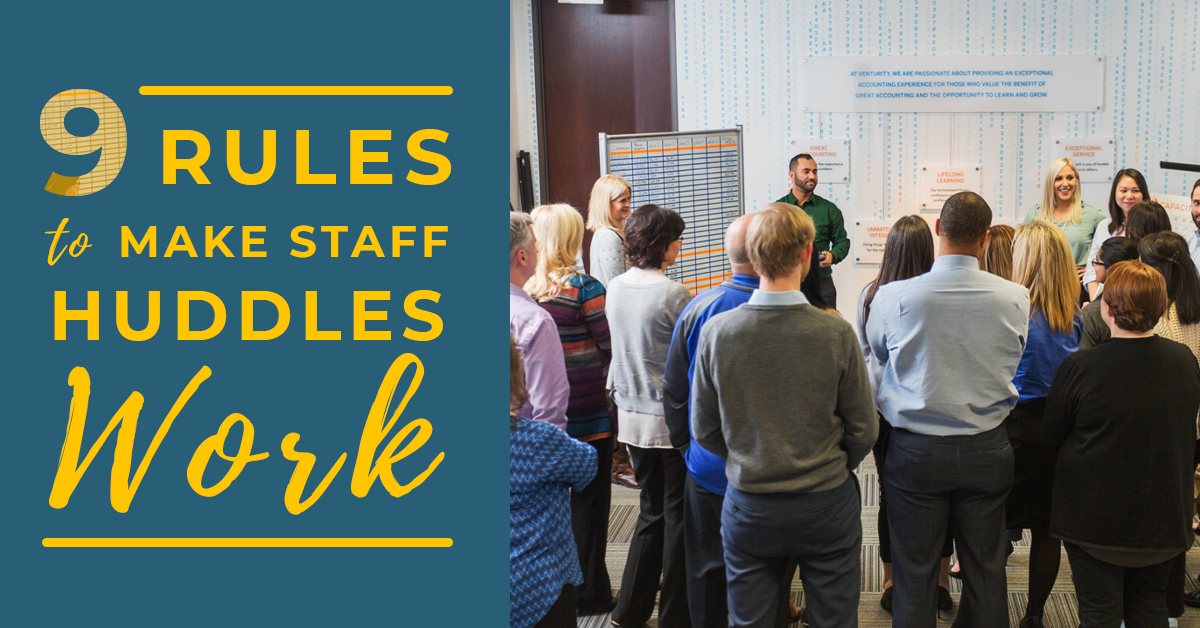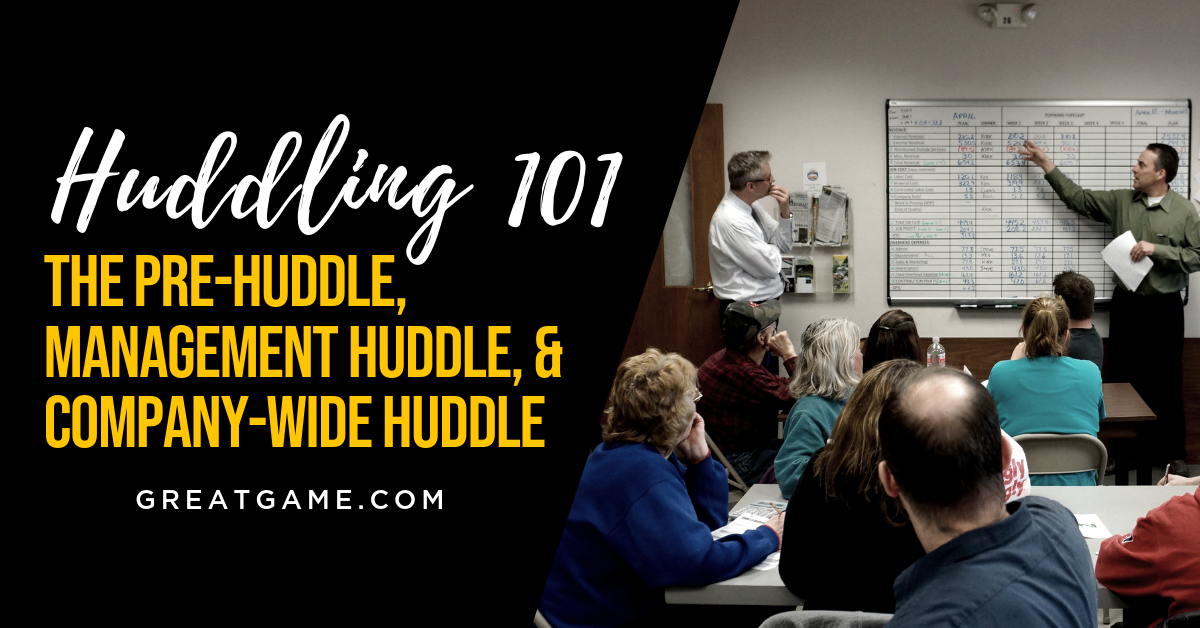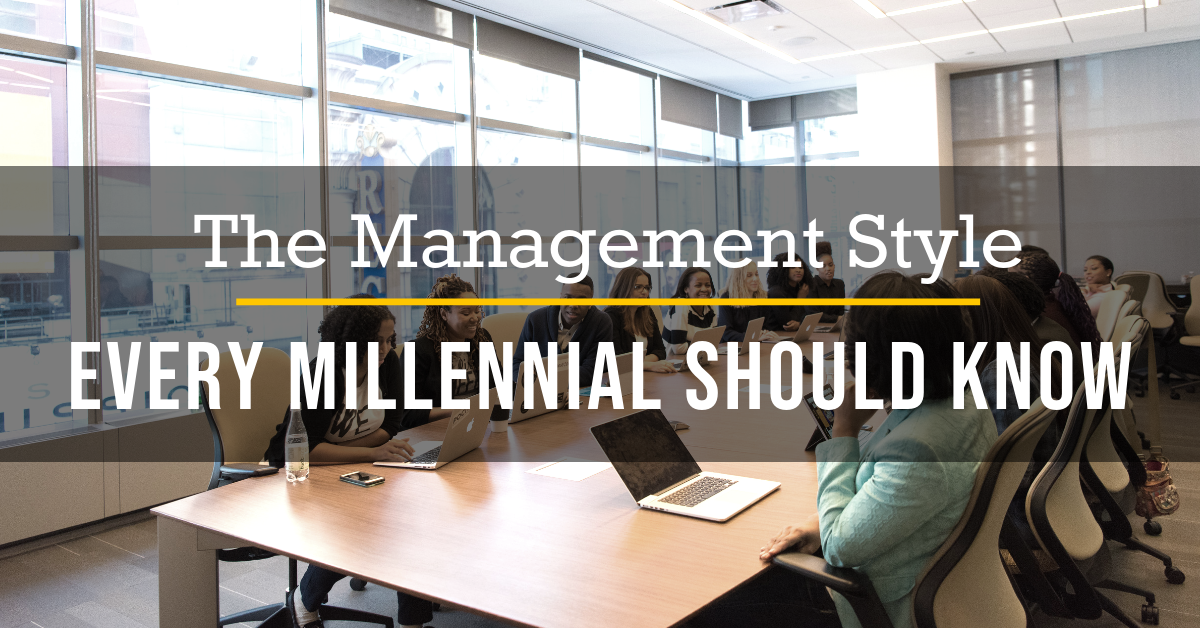Huddles are a hybrid of typical staff meetings, not unlike what you might see during downtime at any athletic event. Their purpose is to share information while motivating and inspiring employees. What is a Huddle? For us at Great Game™, a Huddle is a structured meeting designed to keep the players focused on, informed about, and feeling involved in The Game. While the concept sounds easy enough, the Huddle must be carefully planned and executed in order to be both effective and efficient. Because of the changing work landscape (commuters, multi-location business units, diverse company cultures, etc.), the Huddle process is the one aspect of The Great Game of Business® that companies have to modify most. However, regardless of how you modify the overall flow of your company Huddle, there are several basic items you must always cover during your Huddle.
Read More
Meetings can be a major pain point in many organizations. Often, they are one extreme or the other—incredibly productive, or a waste of time and money for your company. That's why it's important to maximize the time in your team Huddle, so you can effectively solve problems and address issues, increase productivity and efficiency, provoke new ideas, and build trust and morale. Do you ever find yourself second-guessing your workplace Huddles, thinking they could be better? Overall, if you’re getting what you need to get out of them, then you’re probably doing a good (enough) job. But sometimes it takes more than “good enough” to have great Huddle experiences week after week. Below are a few Huddle do's and don’ts designed to help you tweak minor behaviors and practices to ensure that you are getting as much as your team can get out your Huddle week after week:
Read More
Meeting together as a team to discuss the financials and critical elements of your business is a vital part of The Great Game of Business®, but more importantly, it is an opportunity to focus on the people responsible for those numbers and the story behind the numbers. Successful workplace Huddles affect all team members' mindsets and influence your team's performance in the financials. Here are 8 tips to help you get the most out of your Huddles:
Read More
Wouldn’t it be nice if you just had a checklist that led you through the rules of making your staff Huddles work every time? Well, we thought it might be nice too, so we compiled the following steps to help you make the most of your staff Huddles.
Read More
A workplace Huddle is more than just a staff meeting. Discussing the financials and critical elements of your business is a vital part of the Great Game of Business®, but more importantly, the Huddle is an opportunity to focus on the people responsible for those numbers and the story behind the numbers. In the Huddle Cycle, numbers are forecast and shared in a series of meetings from daily departmental check-ins to weekly company-wide gatherings, driving employee engagement and serving as a self-correcting measure to keep the company on the path toward achieving its goals. To better understand what's involved in creating a Huddle rhythm, let's break down the three main types of workplace Huddles: the Pre-Huddle, the Management Huddle, and Company-Wide Huddle.
Read More
Newbies to the Great Game, seasoned company owners, and CEOs alike are often bothered by this question: How do I get my leaders and front-line employees more engaged in The Game? A few years back, I was asking this question at my own company, Tasty Catering. While our company soared immediately following the implementation of GGOB, our Game engagement faded after about eight months. Although financial improvements were still evident on our scoreboard, I could tell by the faces and body language in our weekly Huddle that something was “off.” We needed a boost.
Read More
Amy’s Ice Creams’ workforce is made up primarily of millennials, most of which are seasonal employees. In the short time these younger workers are with Amy's, this Great Game All-Star company maximizes engagement in order to make a lasting impact on employees' futures, as well as the success of the business. Take a look at what Marketing and Communications Director, Aaron Clay, has to say about the company's fun, fast-paced and positive Huddles combined with open-book management, and his four guidelines for enhancing engagement in your team's Huddles.
Read More
The Huddle cycle consists of a series of meetings where financial and operational numbers are shared and forecasted. These meetings include a Pre-Huddle, Main-Huddle and Post-Huddle, all with different focuses and objectives. When performed properly, the Huddle Cycle saves time despite the additional meetings by providing improved communication within your company, better execution of your tasks and strategies, and a clear understanding of how each employee affects the success of the company.
Read More
Creating an informed and engaged workforce doesn't happen overnight...and isn't sustainable without the dedication and focus of the whole team. To help get your Game off on the right foot in the new year, here's a list of must-know tips from our best blogs to help The Game excel at your company.
Read More
Your company Huddle is your weekly opportunity to intentionally communicate with your team. This list of ideas and tips will help you refresh, expand, and even strengthen your Huddle and ensure your whole team is engaged and informed. Check out these best practices for getting the most out of your Huddle, whether it be in person or virtually! Use these tips to make your next team Huddle a big success.
Read More

.png)






.png)



%20blog.png)




.png)




-5.png)

